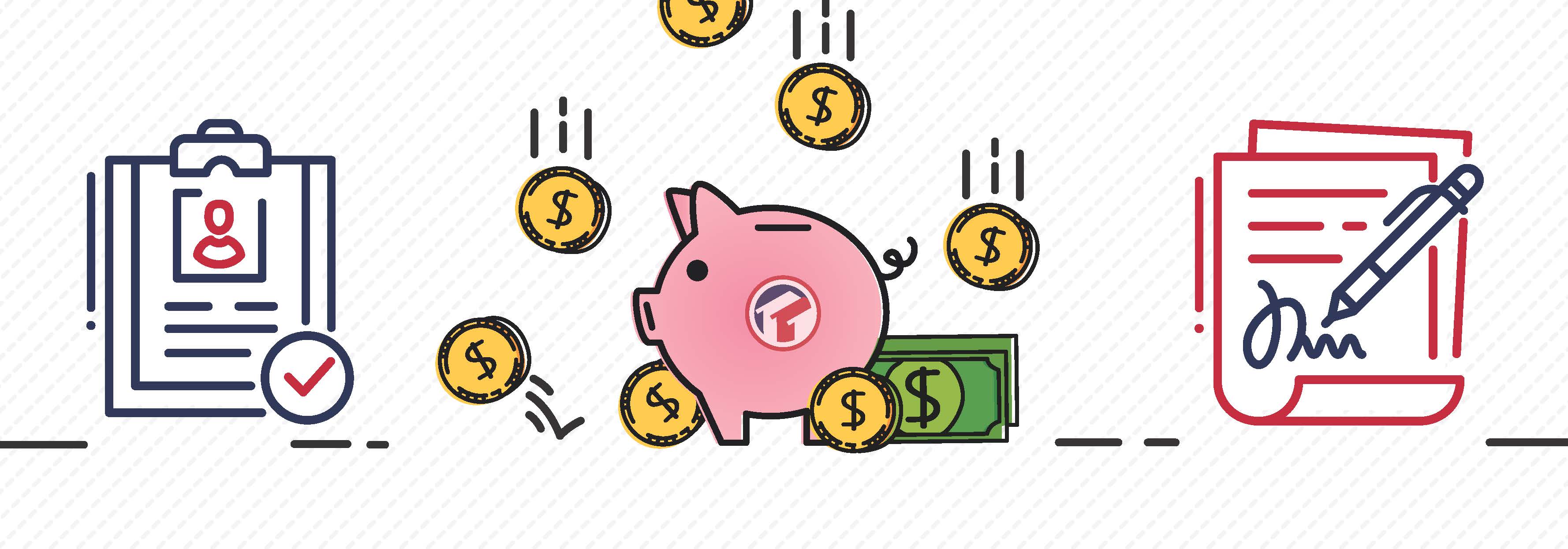A damaging credit event, while challenging in its own right, can really make home ownership (as well as many other financial situations) seem like the pits. Fortunately, however, a major credit event such as bankruptcy, foreclosure, or a short sale isn’t the end of your credit nor borrowing life. As a matter of fact, there are some mortgage options for those coming off of a so-called credit catastrophe that can actually get you back into a home sooner than expected.
Here are some ways to get a mortgage following a damaging credit event.
Foreclosure
Failing to keep up with your mortgage payments and getting foreclosed is likely one most damaging credit event when it comes to getting another mortgage. Generally speaking, lenders can be leery of qualifying mortgage loans to someone who has had trouble making their payments in the past.
While damaging, a foreclosure isn’t irrecoverable. If you’re looking to get a conventional loan, you may be playing the waiting game as most foreclosed borrowers are barred from getting a conventional loan for 7 years after the foreclosure. On the other hand, many government programs such as FSA and USDA loans could lessen the penalty to 3 years.
Short Sale
A short sale occurs when the sale of a property or real estate fails to meet the requirements of the original lien against the home. In this situation, the lien holders will accept less than the amount owed. While this seems like a positive twist on a negative situation, it is a damaging credit event with some negative implications for a borrower.
Borrowers can expect to wait 2-4 years for a conventional mortgage depending on how much they are willing to put down on a new home. VA loans actually require no waiting period as long as the borrower is current on their mortgage and not trying to take advantage of a poor market. FHA and USDA loans require a 3 year wait period.
Bankruptcy
Bankruptcy is not only a damaging credit event, but can be an extremely stressful time for a family or individual. Depending on if an individual files for Chapter 7 or Chapter 13 bankruptcy will depend on the amount of time he or she waits to get another mortgage.
Generally speaking, a conventional mortgage could require 2 to 4 years of wait time from discharge or dismissal by a judge, respectively. Government programs require anywhere from 12 months to 2 years of wait time depending on circumstances, dismissal dates, or discharge date.
Extenuating Circumstances
Negative credit events are bad enough, but there is a silver lining for those affected by extenuating circumstances. With virtually every type of mortgage from conventional to government options, borrowers may be able to wait a shorter amount of time in the event of a truly catastrophic life event.
These events include, but aren’t necessarily limited to, a loss of a job, loss of an income earner in a family, loss of 6 months of income, or excessive medical bills. Of course, these circumstances must be heavily documented. Circumstances not covered would include divorce or the inability to sell a home after relocating.
Talk to an Expert
If you’re recovering from a less-than-favorable credit event, then speaking to an expert about your mortgage options is your next step. The loan officers at Tidewater Mortgage Services have over 20 years of experience helping people just like you get back into a home. A call to Tidewater Mortgage can get you qualified for the funds you need to get back on your feet and into a new home!


